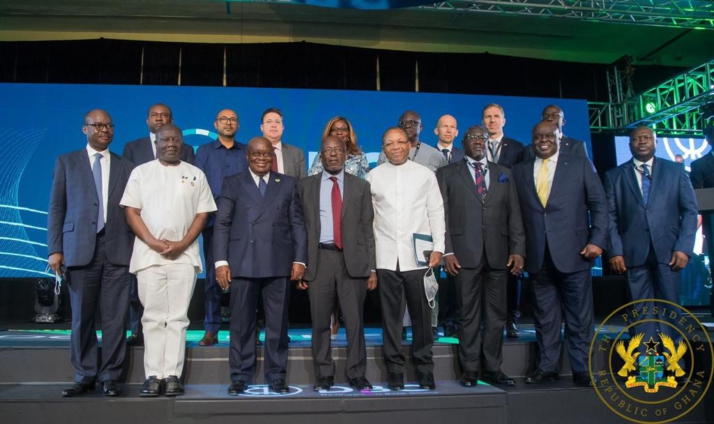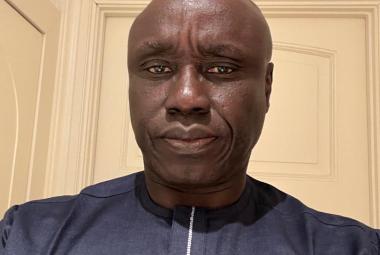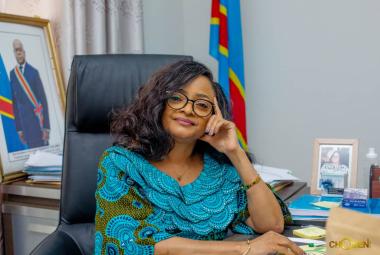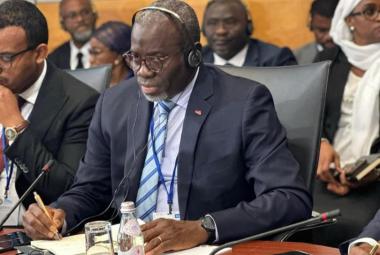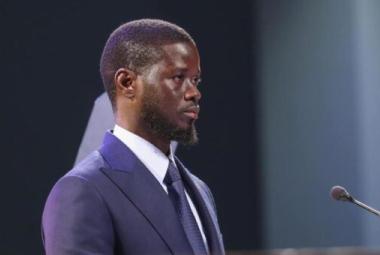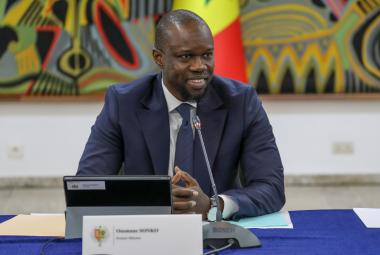Development Bank Ghana is the name of the new bank that has now established itself in the Ghanaian banking landscape. With the main objective of giving a boost to the national economy in its transformation and modernization.
“Development Bank Ghana will help all banks in the economy to access long-term funds, including the National Investment Bank, Agricultural Development Bank and Ghana EximBank. It will also help private equity funds and other capital market firms access our bond market, and facilitate equity financing for SMEs,” said President Nana Akufo-Addo of Ghana at the the inauguration of the Development Bank Ghana.
Ghana is one of the few African countries to have resolutely embarked on the path of transformation and modernization of its economy, in particular through the transformation of its raw materials and other resources. A desire for the industrialization of the country that does not date from today. Only here it is: the government of President Nana Akufo-Addo has decided for some time to give a boost to this noble and very laudable ambition. It is in this logic that various programs have been put in place, such as the launch of the 107th factory of the “One District One Factory” initiative.
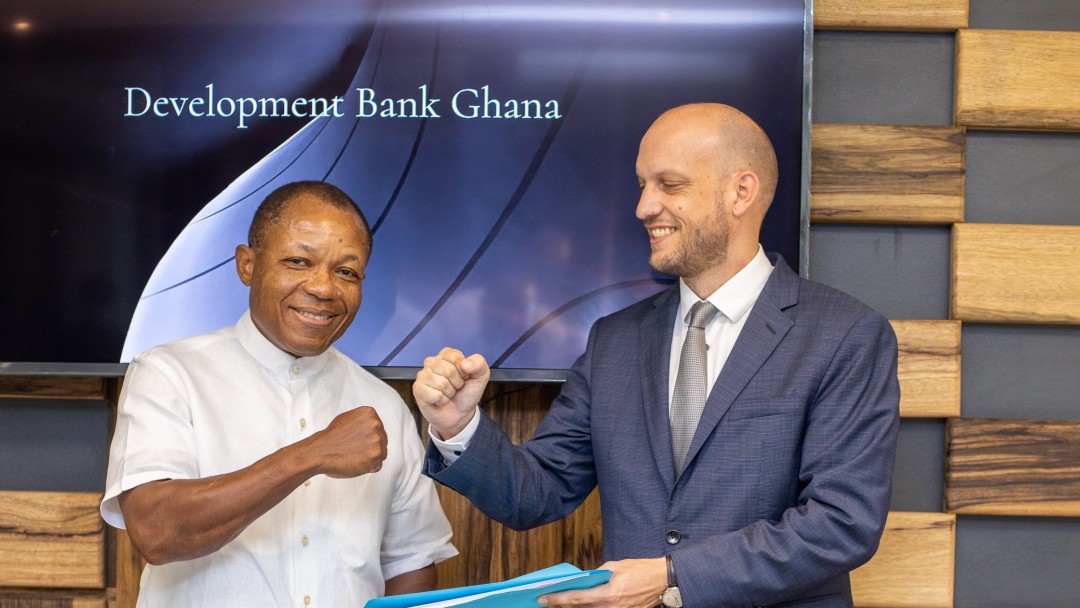
With a capital of 750 million dollars, the Development Bank Ghana is the result of a cooperation partnership between the European Investment Bank ($177.9 million), the World Bank ($225 million), the African Development Bank ($40 million), the Ghanaian State ($250 million) and major technical commitments with KfW in Germany. This cooperation should enable Ghana to make long-term financing available to the private sector, and to develop the ecosystem for market access, technology and innovation, said the press release of the Presidency.
This initiative aims to ensure that sectors considered to be real potential levers of the national economy are supported and energized. Among them, mention should be made of manufacturing, agriculture (especially off-farm value chain activities), ICT and related services, tourism, and the mortgage and housing market.
To achieve its ambitions in terms of development, in this case the industrialization of Ghana, the country has entered into a partnership with the World Bank which will provide it with 4.5 billion dollars over the next five years. This is how the government of President Nana Akufo-Addo announced that it had invested 131.6 million dollars to strengthen Technical and Vocational Education and Training. An essential investment which aims to provide the country with the necessary skills in a sufficiently qualified labor force in view of the realization of its ambitious industrialization program.
By Tcha Sakaro



